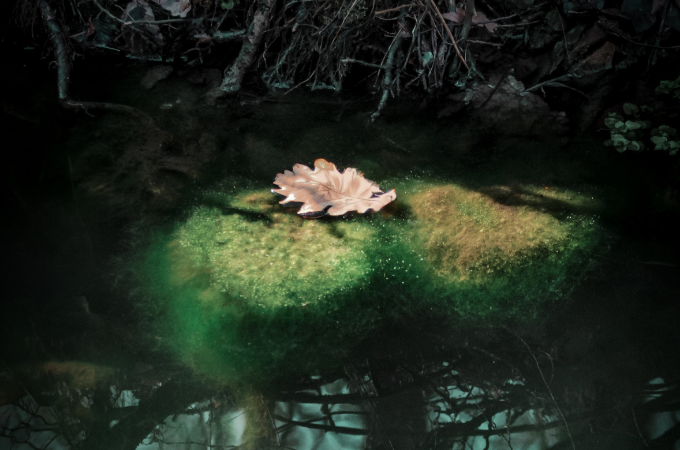
Adey passed yesterday.
No incidents, no accidents, none that anyone can speak of – she could not speak or eat by the end.
I am not home, but hear the message before it is wailed in a song of lament that lulls, heavy in the mouth of all Eritreans until they are called upon to use it. Over a cordless phone that my father shipped over in cargo, my aunt will have told a cousin, “She is resting now.” She cannot be the one to tell her own brother. I think this is too direct and evokes too much of the chaos of grief. And someone with enough distance to un-think the worst must be the one. A buffer, a cool buffer with rational ideas about life’s course, and unlikeliness of pain in final moments.
Her final place, under overturned earth, was designated a long time ago, a place my ancestors have come from and returned to loyally – there is little I could have said to shape or shift this destiny. It is the same one that predisposed me to tears at night and my mother to wail at the haunt days on the humdrum London street we have occupied for twenty years.
The first loss is supposed to hit the hardest. More will come, but they may not shatter 7 pm on a Monday evening in June. Sat on a bar stool, in a strange city, sampling beers, being asked to name my own price, marvelling at such anarchy, and lamenting my unlived life. It was here, between noticing the overlapping front teeth and mottled rimmed glasses of the bartender, and looking down at my phone, that dusk fell apart, and shattered me with it. It was a photo first – an Adey, slighter with a smiler wearier than I remember. And then words, captions, talking of rest and better places. It was then that things, limbs, became heavier. Starting from the corner of the unlicensed bar, every ornate piece of tack hanging from the lights, to walls behind, sunk back to reveal that ground did not exist. I had been walking in faith of this very ground and now it had been gorged from me and no amount of over-counter remedies could counter it.
More losses will come, certainly. They may approach me with trepidation, but I will not be in shock then, as I am now. Eventually, there will be a black hole, and eventually it will inhale me and every known substance, and I will be churned out as grey matter, humbled into dust, settling on sentimental photographs, and even when maids try and try to keep the staleness that comes with my dust, that affects the soul as much as the fleshy crevices which sense it first, it will not keep death away. It will happen to us, the subjects of photos again and again.
My mother was taught her grief, and taught me, but I skipped some of the important lessons. She has been clutching onto her learning for years, the ritual is overripe, and it spills out now as abundantly and defiantly as the children that a state-ordered her to stop producing.
I remember where I was when I was told Adey was coming to stay, to soothe my mother into her new babies’ habits. I cringe at the ungrateful person I was, the absence of realisation that this earth companion, was a giant of my story, a protagonist of her own making. But I did love her laugh, and to make her laugh was as close to a reward as I could have at fourteen. The daringness of her gold tooth, as it caught light when she threw her head back into unchecked cackles, laughter that started in her belly and ended in a knowing “eehhh!! Aleja gwaley, Winta gwaley, Tsega gwaley.” Gwaley. Daughter. For we were all daughters to her, all dancers on the tip of her tongue, and we spun there, with her impromptu songs about us! She would drop our names into places that sounded like paintings – flower fields and holy lakes and pastures – her homelands, that was how she carried us home.
My worst traits, tantrums, Adey wiped away like dust and set me down with the brimming anticipation of someone who said, “you have much more to learn, many more falls to take, and I want to be here for all of it.”
“Just that the father lets me see your wedding day, gwaley,” she would say in response to my presumptive, “What would you have, if you could have anything in the world?”
How could someone have such joy, and share it, for something I could not see with good eyes or hear with clockwork ears? How can someone love us like this, without expecting?
It was not annexes to love that she taught, but love as centre. That love is like nothing else. That it crosses borders and generations and demands sons back from wars they have everything to lose in. That her sons and grandsons went to war and did not come back. That she remained enmeshed to grief for her dead sons and daughters, yet unperturbed in the understanding they lost everything there was to lose. That is, everything except her own breath – projections of what love is, what love could offer.
Adey, mother. Her breath may not fill the hollows, but her light tells us where we are safe to walk. Even when the darkness looms, we are never to be deprived of her ineffable, instructive love.
Photo by Valentin Salja on Unsplash


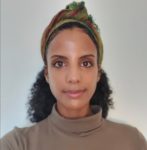
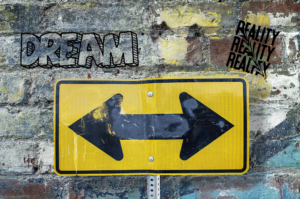
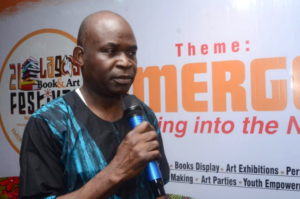
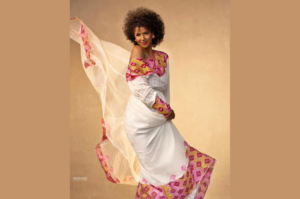

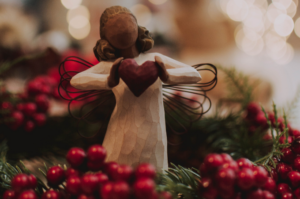
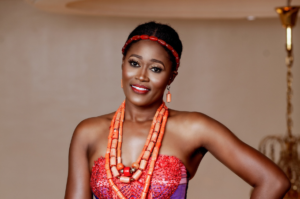

COMMENTS -
Reader Interactions